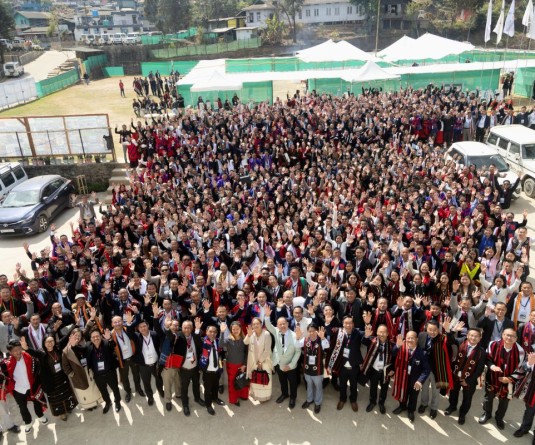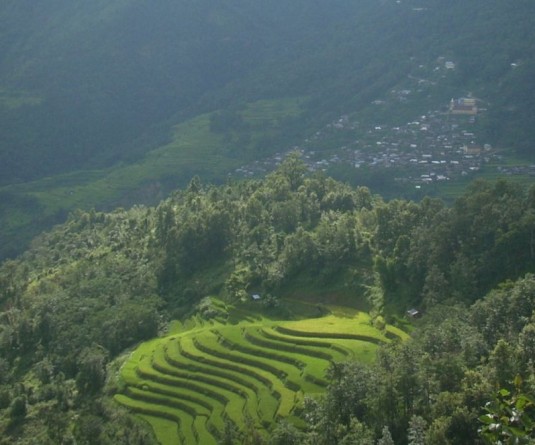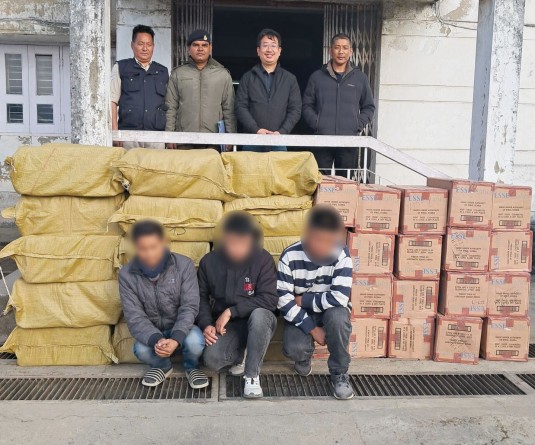
• OMC official says profit-loss margin would balance out over time
• Retailer says OMCs haven’t revised dealer commission in 5 years
Morung Express News
Dimapur | May 31
The recent cut in Excise duty on fuel by the government may have come as a slight relief to consumers, but not all were happy with the move.
According to fuel retailers, the sudden drop, by a big margin, without governmental compensation negatively impacted their earnings. Unhappy at the decision, the retailers (or petrol pumps) in the country went on protest mode announcing a symbolic “No Fuel Purchase” on May 31. The protest, in essence, implied the retailers refraining from lifting/buying fuel from the bulk distributors or Oil Marketing Companies (OMCs) for one day though fuel pumps would continue doing business as usual.
But why resent such a cost cutting measure apparently done in public interest? The motive is simple—selling goods/stock acquired at a higher rate the previous day at a lowered price the next day.
As per the All Nagaland Petroleum Dealers Union (ANPDU), petrol pump owners incurred huge losses a result, the loss working out to roughly Rs 9 a litre in petrol and Rs 7 a litre in diesel.
The sudden drop in price has negatively impacted business. We were compelled to retail stock bought at the old price at lowered rate,” explained ANPDU President, Akokla Lucy. Nagaland is said to have around 70-80 fuel pumps, 45 of which are in Dimapur and 18 in Kohima.
She said that fuel pump owners were left to fend for themselves without any compensation from the government to make up for the loss.
While stating that it would be prudent on the part of the government to compensate the retailers, she added that OMCs have also yet to revise the “dealers’ commission.” According to her, the dealer’s commission has remained at Rs 3.3 for petrol and Rs 2.1 for diesel since 2017, while logistics costs have increased during the 5 years.
Meanwhile, an Indian Oil Corporation (IOC) official had this to say. “What happens is that the retailer will lift a consignment, say, 12,000 litres at today’s price. Tomorrow if it falls by one rupee then they lose one rupee (a litre).” The official added, “But they also gain when price increases.
They have gained in the past. Now, unfortunately, the price decreased and they are on the losing side. It’s the same phenomenon across India. Actually, it balances out over time.”
According to him, that is how the trade works— “lose some day, gain some other day” depending on the government’s taxation policy.
“As an OMC, we cannot do anything about it because it was the decision of the government. Until and unless the government does something about it, we cannot do anything,” the official said.






